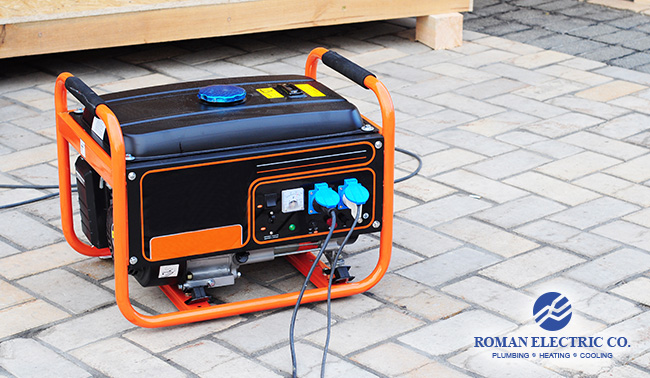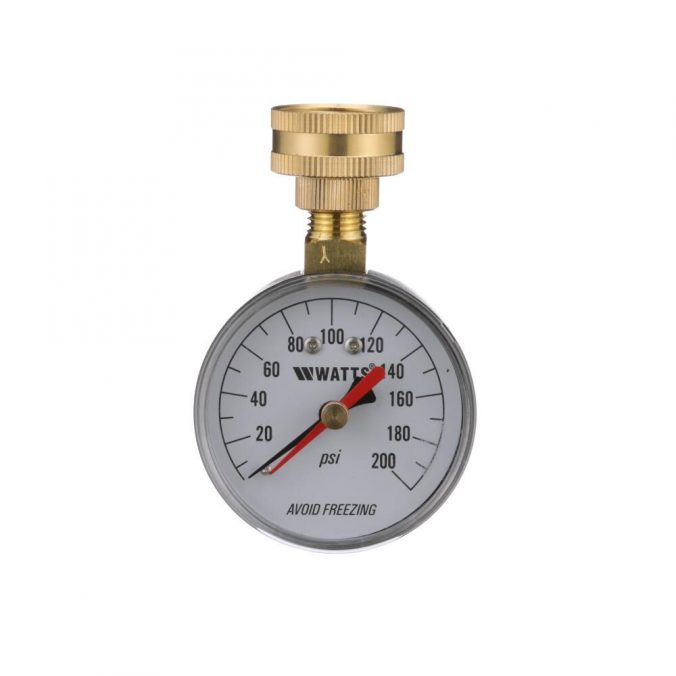Getting a divorce comes with a significant amount of life changes you’ll need to navigate. One of the biggest challenges of divorce is child custody. Getting down to the nitty-gritty of dividing your children’s time between you and your ex-partner can be a serious challenge. Most divorces are more straightforward when children aren’t involved because you don’t need to worry about planning a parenting schedule with your child custody arrangement.
Dealing with the emotional struggles of divorce can be a lot easier with the proper parenting schedule. This goes for both adults and children. Your custody schedule depends on several factors, including the child’s age, schooling, extracurricular activities, parents’ work schedules, and the distance between both parents’ homes. Still, if you’re willing to work together, you can create an effective plan that works for everyone involved.
While all custody arrangements are different, let’s discuss some excellent tips to help you create an effective 50/50 parenting schedule.
Tips for Planning 50/50 Parenting Schedule
There are several ways you can plan your parenting schedule, but the most common are the alternate approach and rotations. With an alternate plan, you can simply divide time between parents with alternating weeks or even months. With rotations, you can rotate the days spent at each parent’s home.
The Alternate Approach
The alternate approach is common, but there are several different variations. When deciding which will work best for you, you have to choose what’s best for your schedule and your children. Remember, your children’s wellbeing should always come first when planning your parenting schedule. Some different types of alternate schedules include:
1. Alternate Weeks
The most popular 50/50 parenting schedule is alternating week because it is a much simpler and easy-to-follow approach. With this approach, children spend one week with one parent and the following week with the other parent, with transitions usually occurring on Fridays or Sundays.
2. Alternate Every 2 Weeks
If the distance between parents is significant or schedules are more demanding, alternating every two weeks may be more realistic. While this isn’t always a great option for younger children, it works well for older kids in high school that can stay away from each parent for two weeks with minimal impact.
3. Midweek Visit in Alternate Weeks
If your children are young, even a week can be too long to spend away from one parent. For couples with younger children, planning a midweek visit when alternating weeks can be helpful. For example, the opposite parent can take the child to dinner or the park or spend time with them in another way halfway through the week.
4. A Midweek Sleepover in Alternate Weeks
If your child is having a particularly difficult time with the alternate week approach, you can also schedule a midweek sleepover. This strategy involves the opposite parent taking the child for one overnight halfway through the week and dropping them at school for the other parent to pick up.
5. Alternate Days
If the location of both parents is close or children are having a particularly difficult time being separated from one parent or the other, you can alter your weekly plan into alternating days. Keeping the 50/50 split up in mind, parents can alternate every other day, every two days, or whatever works for your family.
Rotations in 50/50 Parenting Schedule
Another common approach is the rotation approach. Again, there are several versions. You should pick what works best for your family.
1. 3-3-4-4 Rotation
In this schedule, the child spends three days with one parent, the next three days with the second parent, followed by spending four days with each parents.
2. 2-2-3 Rotation
In this rotation schedule, the week is divided between the two parents. Since there are an odd number of days in the week, one parent will have the child longer in the first week and the second parent will have them longer in the second week. The week will be split by two days with parent A, two days with parent B, followed by three days with parent A.
3. 2-2-5-5 Rotation
This rotation is much similar to 3-3-4-4, except one parent has the child from Sunday to Monday, and the second parent has the child from Tuesday to Wednesday.
Contact Johnson Law Firm for a Free Consultation
If you need a trustworthy Lancaster divorce lawyer, Johnson Law Firm is here to help! Contact us today to schedule a free consultation with our reliable team.









